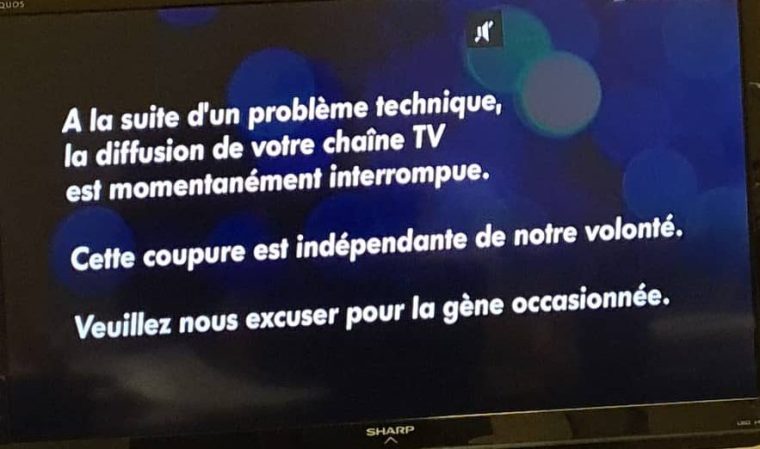Dakar, August 15, 2023—Authorities in Benin and Burkina Faso must immediately lift their respective suspensions of La Gazette du Golfe and Radio Oméga, and allow the media to report without fear on regional politics, including the coup in Niger, the Committee to Protect Journalists said Tuesday.
On August 8, Benin’s High Authority for Audiovisual and Communication, or HAAC, which regulates the country’s communications sector, indefinitely suspended operations of the privately owned press group La Gazette du Golfe, including its TV, radio, print, and online outlets, according to a copy of the decision and two of the group’s staff members, who spoke with CPJ and requested anonymity for safety reasons.
Separately, on August 10, Burkina Faso suspended “until further notice” the privately owned outlet Radio Oméga, according to a statement by the government’s information service and a member of the broadcaster’s staff, who spoke with CPJ on the condition of anonymity, citing security concerns.
Both suspensions stem from the outlets’ coverage of the recent coup in Niger.
“Authorities in Benin should reverse their suspension of La Gazette du Golfe, and Burkina Faso authorities should also lift their suspension of Radio Oméga at once,” said Angela Quintal, CPJ’s Africa program coordinator, in Durban, South Africa. “Journalists should be free to provide information about political developments in West Africa, such as regional responses to the coup in Niger, without fear of reprisal.”
In its decision, the HAAC accused La Gazette du Golfe of failing to respect the regulator’s August 3 statement telling the media to “scrupulously respect constitutional and legal provisions” when dealing with information condoning coups in Africa and the region.
When contacted via messaging app, HAAC Secretary-General Julien Pierre Akpaki said he was traveling and could not respond to questions because he did not have reliable internet. Another HAAC representative told CPJ by phone that the suspension of La Gazette du Golfe was related to its August 8 broadcast criticizing possible military intervention in Niger by neighboring states. That representative requested anonymity because they were not allowed to make public comments.
Benin has offered to contribute troops if the Economic Community of West African States uses military force to reinstate Niger President Mohamed Bazoum, who was ousted by soldiers on July 26. Niger’s new military rulers said Monday that they planned to prosecute Bazoum for treason.
Burkina Faso’s official government information service said that authorities suspended Radio Oméga over an August 10 interview with Ousmane Abdoul Moumouni, a spokesperson for Niger’s Council of Resistance for the Republic, which was established to reinstate Bazoum. The statement described Moumouni’s interview as “peppered with insulting remarks against the new Nigerien authorities.”
Burkina Faso, which had two coups in 2022, has warned that it would regard military intervention to reinstate Bazoum as “a declaration of war” against itself as well.
Radio Oméga said in a statement that the state security department of the police summoned and questioned the outlet’s editor-in-chief, Abdoul Fhatave Tiemtoré, on August 11 about his interview with Moumouni. The police held Tiemtoré for several hours before allowing him to leave.
Radio Oméga condemned the suspension as “unfair and unfounded” and said the decision followed “numerous death threats” against its staff by people claiming to support Burkina Faso’s government and calling for the broadcaster to be suspended.
CPJ previously documented threats by government supporters against Radio Oméga reporter Lamine Traoré over his coverage of a meeting between Burkina Faso military leader Ibrahim Traoré and civil society organizations.
CPJ did not receive responses to phone calls and an email sent to Burkina Faso’s government spokesperson, or text messages sent to Fidèle Tamini, general secretary of Burkina Faso’s Ministry of Communication.
